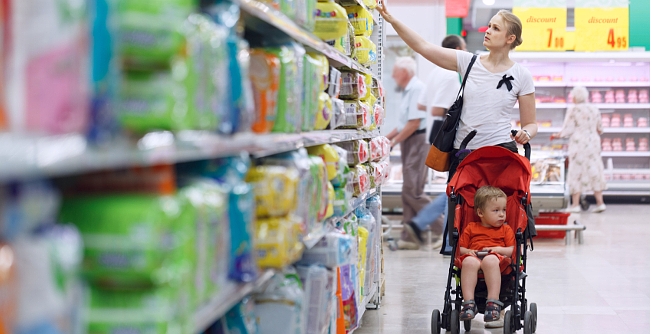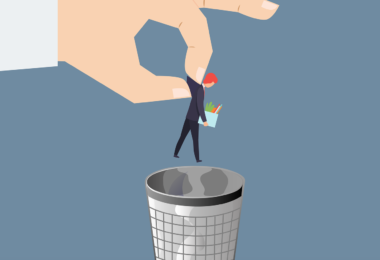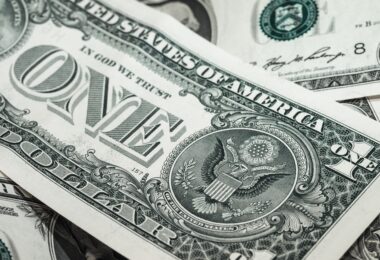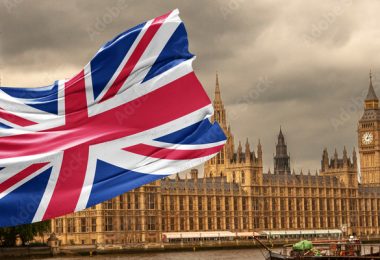Nothing can really match the incredible excitement of knowing your little one is on the way and for most expectant parents, the months leading up to the birth are a whirlwind of absorbing important information, deciding on a name and preparing yourselves for sleepless nights.
But after research by life insurance provider Aviva found that in total, first-time parents in the UK spend a staggering £492 million each year in preparation for their new arrivals, it seems mums and dads to be are also splashing the cash on a huge variety of products – but why exactly is that figure so high? And what are parents really buying?
Bare necessities
There is no way to sugar-coat it, having a baby will always be expensive and many of the items bought by parents pre-birth are actually deemed ‘baby essentials’, which includes everything from prams, baby clothes, cots, car seats and nappies, not to mention other nice-to-haves like nursing chairs and anything to make the whole experience more comfortable.
Whilst many of these products are continually improving year by year in design, technology and performance, that doesn’t necessarily mean they are responsible for the increase in financial outlay – in fact, there’s now probably a greater variety in price amongst baby-products than ever before. That being said, when it comes to picking out a product which could be directly linked to their child’s well-being, every parent will undoubtedly choose quality regardless of the cost.
The little things
With the total figure breaking down into £1,619 per family and showing a 17% increase from the £1,389 total in March 2012, parents are certainly spending more and based on the research, six out of ten parents admit that in hindsight, they had bought things that they either didn’t use or could have done without.
Amongst the most common items considered by parents to be ‘unnecessary’ were mum-to-be toiletries (14%), baskets (13%) and baby slings (12%). However, despite these types of products being labelled ‘extras’, it could be argued that they all serve a pretty important purpose, whether that’s emotionally or on a practical level.
Toiletries might be seen as trivial gifts to some, but after enduring the physical and mental trials of pregnancy, mums being able to reward their bodies with luxurious bath-soaps or body-butters can be a real confidence boost during the difficult early stages of motherhood. Baskets and slings also offer parents a perfect solution to keeping their child close during a vital period for bonding and intimacy, whilst still leaving themselves free to complete other tasks such as cooking or even just catching-up on lost sleep.
Through the keyhole
It may not come as a surprise to learn that more than a quarter of new parents (27%) surveyed said they bought or changed their car, with an average spend of £5,298 (up from £2,658 in 2012) and a further one in five (20%) moving to a bigger house; with the majority forking out around £40,000 in the process and one in seven movers spending more than £150,000 to upsize.
Having a baby shifts your priorities dramatically, particularly when it comes to living and transportation. Suddenly, being near a good school or having a big garden is the order of the day, and instead of horse-power, your motor just needs to comfortably hold a car-seat and have an economical fuel-consumption. Being environmentally conscious is also definitely contributing to parents’ decision-making, with some spending a little more than usual to reduce their footprint.
However, the changes don’t stop there as new parents also have to be vigilant at protecting their children against risks within the home itself. According to the results, a third (33%) of expectant parents installed life-saving smoke alarms and over a quarter (31%) fit carbon monoxide monitors. Stair gates were also a must-have for over half of new parents (53%), and four in 10 fitted safety catches on kitchen cupboards. Although some of these simple devices can carry a sizable price tag, feeling secure in the knowledge that their child is protected can ultimately be priceless for parents.
A rainy day
One final explanation for the financial increase faced by new parents are the steps taken to ensure their family’s financial future, with two out of five (38%) of the 2,000 surveyed saying they were twice as likely to start a savings account for their new arrival. Saving money or even taking out life cover is never a bad option for parents, with astronomical university fees likely ahead and knowing you’ve prepared for the very worst a source of comfort in any difficult times.
Parenting doesn’t come with a manual and having a baby is both daunting and expensive. There’s no doubt however, that love doesn’t cost a penny and at the heart of these yearly rising totals are excited new parents just seeking to provide the very best for their children.








